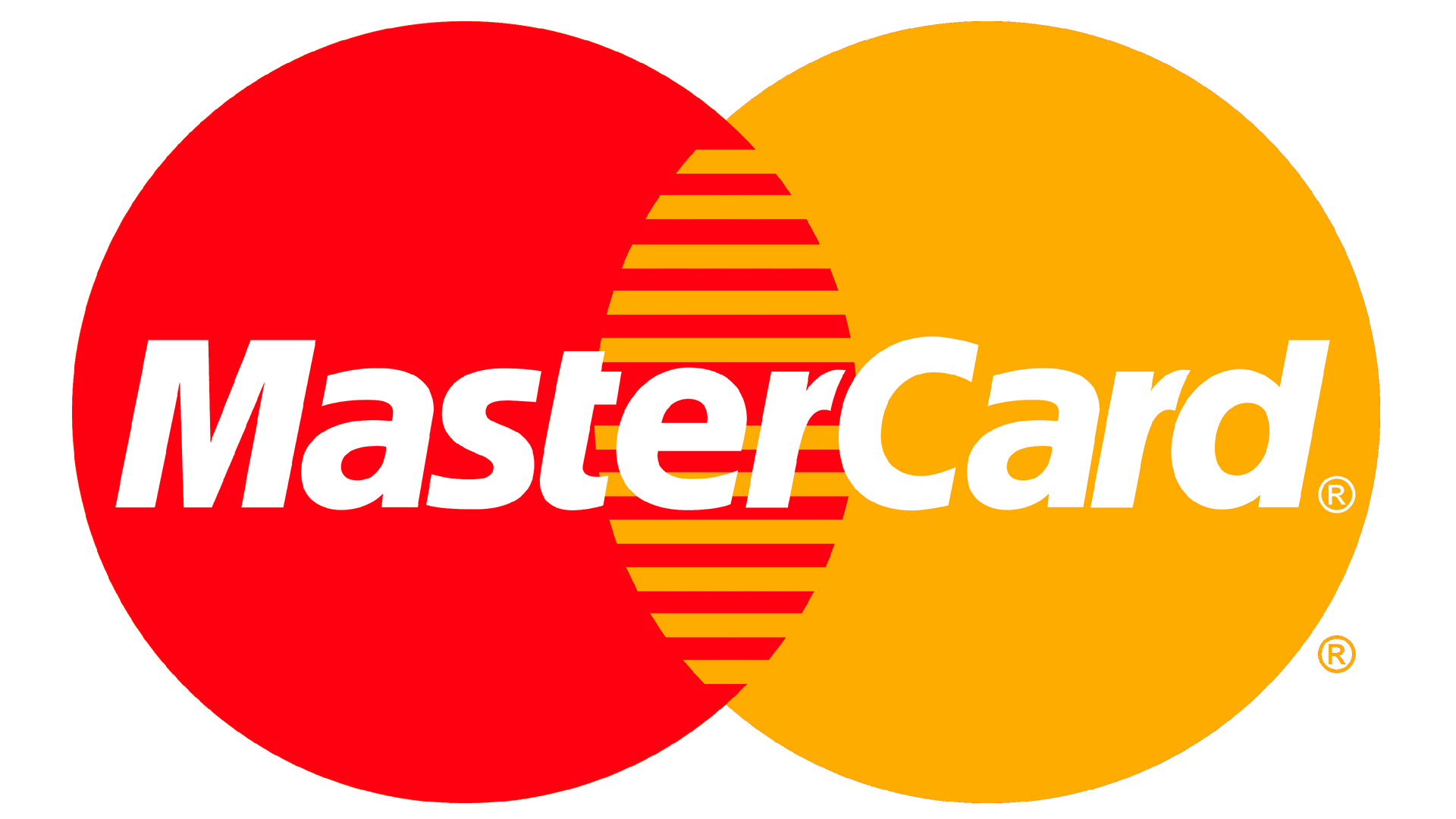Save your home from foreclosure
One of the biggest investments in a person's life is their home. Having financial difficulties, doesn't mean you have to lose your home. Under federal bankruptcy law, the pending foreclosure sale on your home can be stopped and you may be allowed up to five years to catch up on your mortgage payments while paying your other creditors pennies on the dollar.
As an attorney with over 20 years of experience in service as a Bankruptcy Trustee and Head of Office of the United States Trustee in Rockville, I can help you reorganize your debts and save your home without borrowing money.
2005 Bankruptcy Act Credit Counseling
The 2005 Bankruptcy Act requires all individual debtors who file bankruptcy on or after October 17, 2005, to undergo credit counseling within six months before filing for bankruptcy relief and to complete a financial management instructional course after filing bankruptcy. Contact Mr. Garvey to find out the latest in Maryland bankruptcy laws.
What types of bankruptcy can one file?
There are three main types of bankruptcy. The most common is Chapter 7. This used to be called "straight bankruptcy," and is now referred to as a liquidation proceeding. If your income is below the median income in your state, you may qualify for Chapter 7 relief. Even if your income is above the median income in your state, you may still qualify for Chapter 7 if you can show special circumstances. Chapter is 13 is a reorganization proceeding for individuals and small proprietary businesses owners. Chapter 11 is a reorganization proceeding usually filed by larger businesses or individuals with significant assets or debts that exceed one million dollars.
Why Would I File Chapter 7?
Most people file for Chapter 7 relief in order to get a "discharge" of their debts and have a "fresh start" in life. They can no longer afford to repay all their debts due to illness, unemployment, marital problems, unexpected medical expenses, over-extended credit or other large expenses. Not all debts can be discharged, however. For example, obligations to pay alimony, child support and taxes that are less than three years old are non-dischargeable, or debt obtained by fraud.
What is the Chapter 7 Process?
Chapter 7 is called a liquidation proceeding. Each state has set a limit on how much property a debtor may keep after he or she files for bankruptcy. Some states use the federal exemption laws found in the Bankruptcy Code and others use their own state law. An Interim Trustee is appointed to administer the case. He or she questions the debtor at a meeting of creditors to determine whether the debtor has more property than the law allows. The vast majority of people filing Chapter 7 do not own more property than they are allowed to keep. Those who do own more than the bankruptcy law permits will have to turn over the non-exempt property to the Interim Trustee. The Trustee will then sell the property and use the proceeds to pay the debtor's creditors.
Why Would I File Chapter 13?
Generally, people file Chapter 13 in order to keep property for which a creditor has a lien ("secured creditor"), such as a house or car, or for which payment is in default and the creditor is about to foreclose or repossess. The filing of Chapter 13 bankruptcy will stop the foreclosure sale and allow the debtor three to five years to repay all the arrears. Some individuals and small business owners file Chapter 13 because they can only afford to repay some, but not all of their debt. Rather than wiping out their debts in a Chapter 7 proceeding, Chapter 13 allows them to "reorganize" and pay a certain percentage of their debt over a period of three to five years. The unpaid balance is discharged after the payment plan is completed.
What is the Chapter 13 Process?
Chapter 13 is a reorganization proceeding. The Debtor formulates a plan to repay his or her creditors over a period of three to five years. The Debtor sends a monthly payment to the Chapter 13 Trustee who then distributes the payment to the debtor's creditors. The debtor must appear at a meeting of creditors where the Trustee confirms that the debtor qualifies for Chapter 13, that the debtor can afford to make the proposed plan payments, and that the proposed plan complies with the Bankruptcy Code. The debtor may also need to appear in Court before a Bankruptcy Judge for a confirmation hearing. At the confirmation hearing the Bankruptcy Judge will approve the debtor's plan if it complies with bankruptcy law and the debtor has also fulfilled his or her obligations under the law.
Can Anyone File For Bankruptcy?
In order to qualify to file Chapter 7, the debtor must reside or have a domicile, a place of business, or property in the United States. The debtor must not have received a bankruptcy discharge within the last eight years, or had a bankruptcy case dismissed for cause within the last 180 days. For a Chapter 13, the debtor must also have a steady source of income and cannot have secured debts that exceed $922,975.00 and unsecured debts that exceed $307,675.00. All debtors with consumer debts must also receive credit counseling from an approved counseling agency before filing the case.
Who Can Help Me File For Bankruptcy?
The best person to help is an attorney who specializes in bankruptcy. That person is the most qualified to analyze your financial situation and determine whether bankruptcy is the appropriate course of action for you, and if it is which type of bankruptcy will meet your needs. The attorney will prepare all the documents needed to file for bankruptcy accurately and completely and will be able to represent you in Court if necessary.
What Documents Will I Need In Order to File Bankruptcy?
Your attorneys will probably ask that you provide them with following documents before you file your case:
- Six months of paycheck stubs or other documents regarding your income such as support payments, retirement benefits, rental income, etc. for you and your spouse
- Copies of your tax returns for the last four years
- Copies of deeds to real property owned by you
- Copies of the title to any vehicles you own
- Copies of your credit reports
- Copies of all your billing statements from your creditors, their collection agencies and attorneys
- Copies of any law suits, tax liens, arbitration claims filed by or against you
- Copies of all bank statements
The information provided is for general information purposes only. An attorney should be consulted for advice on your particular situation






